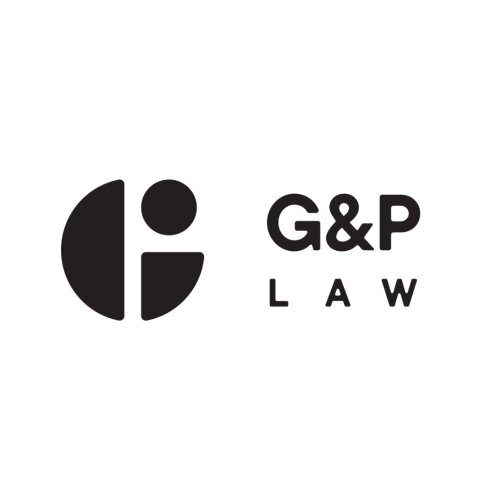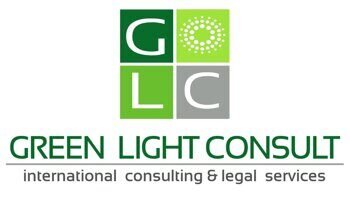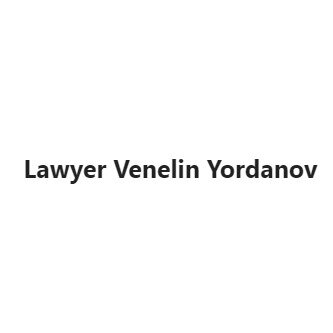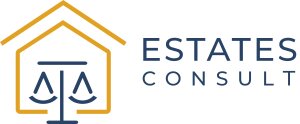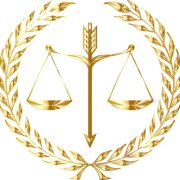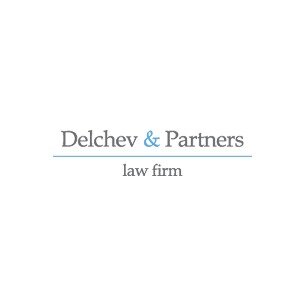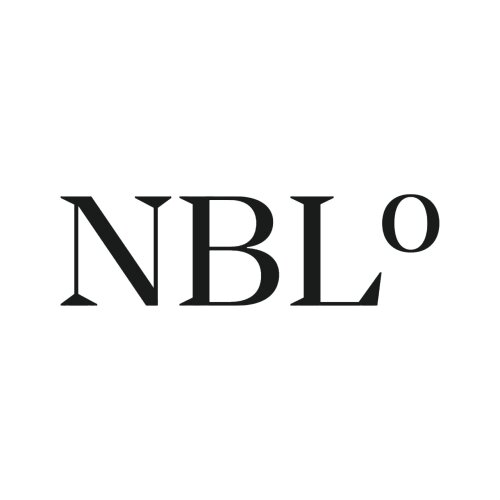Best Tax Lawyers in Sofia
Share your needs with us, get contacted by law firms.
Free. Takes 2 min.
List of the best lawyers in Sofia, Bulgaria
About Tax Law in Sofia, Bulgaria
Tax law in Sofia, Bulgaria, is based on the national tax framework, which is governed by several legal acts, including the Tax and Social Security Procedural Code, the Law on Corporate Income Tax, and the Law on Income Taxes of Natural Persons. The Bulgarian tax system is characterized by a flat tax rate for personal income, generally set at 10%. The value-added tax (VAT) is a significant part of the revenue, also standardized at 20% for most goods and services. Sofia, being the capital, is home to major business activities, requiring adherence to these tax regulations for both businesses and individuals.
Why You May Need a Lawyer
There are several situations where individuals or businesses might need legal assistance in tax matters. Individuals may require help with filing returns, managing back taxes, or resolving disputes with tax authorities. Businesses might need legal counsel for corporate tax planning, structuring their operations to optimize tax liabilities, or addressing complex transactions that trigger special tax regulations. Additionally, anyone dealing with inquiries or audits from the National Revenue Agency can benefit from legal expertise to ensure compliance and protect their rights.
Local Laws Overview
Bulgarian tax law applies uniformly across the country, including Sofia. Key aspects include a flat 10% personal income tax and a corporate income tax rate that is generally also 10%. The VAT rate is standard at 20%, with some exceptions for particular goods and services. Property taxes are locally administered, and there are specific regulations for social security contributions. Sofia's dense and diverse business environment requires companies to be particularly mindful of compliance with these laws to avoid penalties and ensure efficient operation.
Frequently Asked Questions
What is the personal income tax rate in Bulgaria?
The personal income tax rate in Bulgaria is a flat rate of 10%.
How is capital gains tax handled in Bulgaria?
Capital gains for individuals are generally taxed at the flat rate of 10%. However, exemptions exist for certain scenarios, such as sales of shares held for more than five years.
Are there any tax incentives for businesses in Sofia?
Yes, Bulgaria offers various tax incentives, including a reduced corporate tax rate for certain industries and deductions for research and development expenditures.
How does VAT work in Sofia?
VAT in Sofia is governed by national law, with a standard rate of 20% applied to most goods and services. Reduced rates may apply to specific items, such as books and certain pharmaceuticals.
What's the process for settling a tax dispute in Bulgaria?
The process typically involves negotiations with the National Revenue Agency, and if unresolved, it can be escalated to the administrative courts for a judicial decision.
Do foreign residents have to pay Bulgarian taxes?
Yes, foreign residents are subject to Bulgarian taxes on their income earned within the country, under the same conditions as Bulgarian citizens.
What are the penalties for late tax filing in Bulgaria?
Penalties can include fines based on a percentage of the tax due, and interest can accrue on unpaid amounts. It's important to file on time to avoid these penalties.
Can a business deduct losses against profits in Bulgaria?
Yes, businesses can carry forward losses for up to five consecutive years to offset future profits, under specific statutory conditions.
What are the employer's social security obligations in Sofia?
Employers are responsible for withholding and contributing to social security and health insurance on behalf of their employees, typically around 18-19% of the employee's gross salary.
How can I verify the legitimacy of a tax advisor in Sofia?
Verify the advisor’s registration with professional bodies like the Institute of Certified Public Accountants in Bulgaria, and seek reviews or recommendations from past clients.
Additional Resources
The National Revenue Agency (NRA) is a crucial resource for tax-related information and services. The Ministry of Finance provides updates and legal documents regarding taxation. Legal associations and chambers of commerce in Sofia can also provide referrals and resources.
Next Steps
If you need legal assistance in tax matters in Sofia, consider scheduling a consultation with a qualified tax attorney. Begin by gathering all relevant documentation, such as tax returns, financial statements, and correspondence with tax authorities. Secure recommendations for reputable lawyers from trusted networks or professional organizations, and ensure they have expertise in Bulgarian tax law. Consult multiple professionals to find someone whose approach and expertise align with your needs.
Lawzana helps you find the best lawyers and law firms in Sofia through a curated and pre-screened list of qualified legal professionals. Our platform offers rankings and detailed profiles of attorneys and law firms, allowing you to compare based on practice areas, including Tax, experience, and client feedback.
Each profile includes a description of the firm's areas of practice, client reviews, team members and partners, year of establishment, spoken languages, office locations, contact information, social media presence, and any published articles or resources. Most firms on our platform speak English and are experienced in both local and international legal matters.
Get a quote from top-rated law firms in Sofia, Bulgaria — quickly, securely, and without unnecessary hassle.
Disclaimer:
The information provided on this page is for general informational purposes only and does not constitute legal advice. While we strive to ensure the accuracy and relevance of the content, legal information may change over time, and interpretations of the law can vary. You should always consult with a qualified legal professional for advice specific to your situation.
We disclaim all liability for actions taken or not taken based on the content of this page. If you believe any information is incorrect or outdated, please contact us, and we will review and update it where appropriate.




